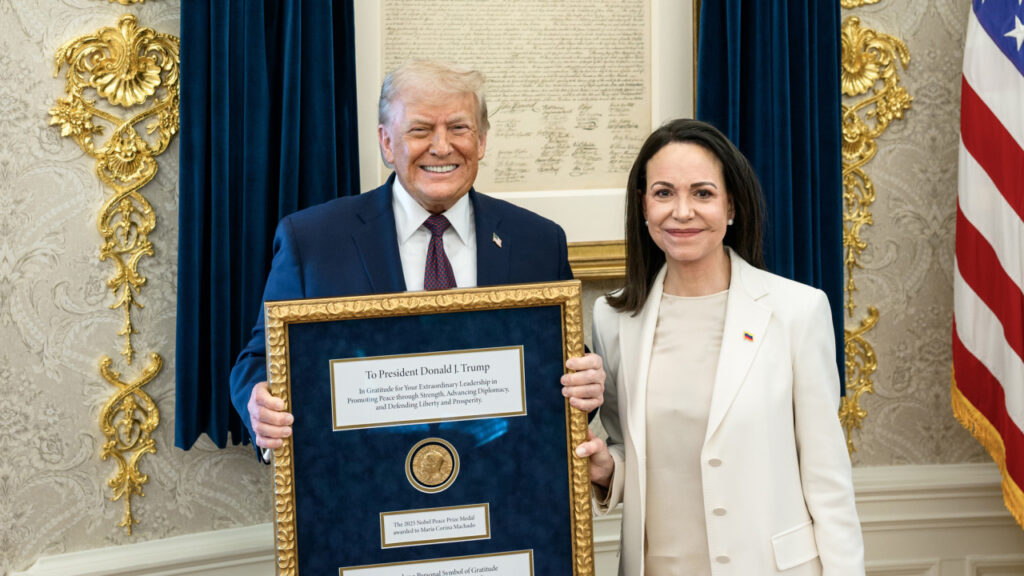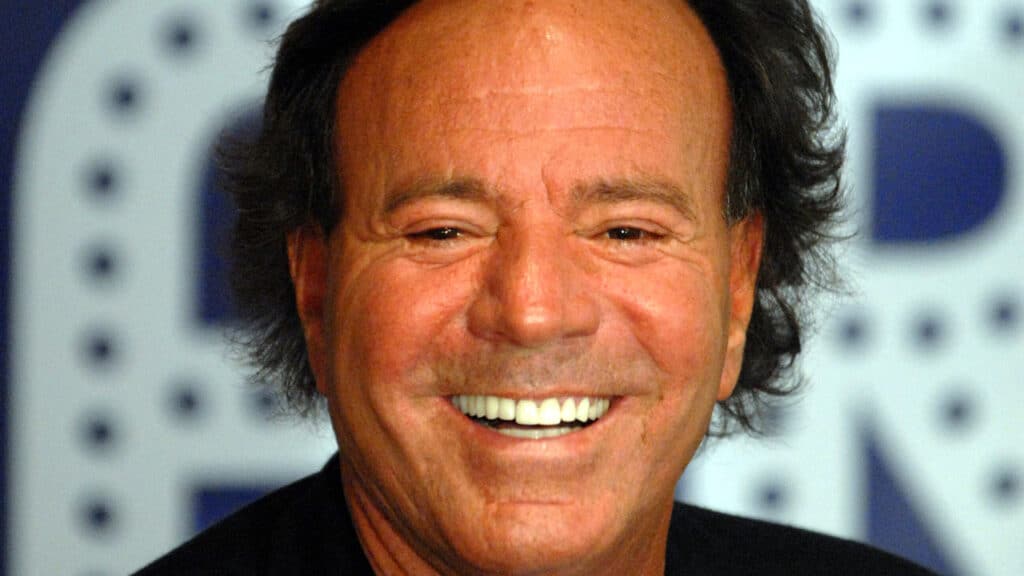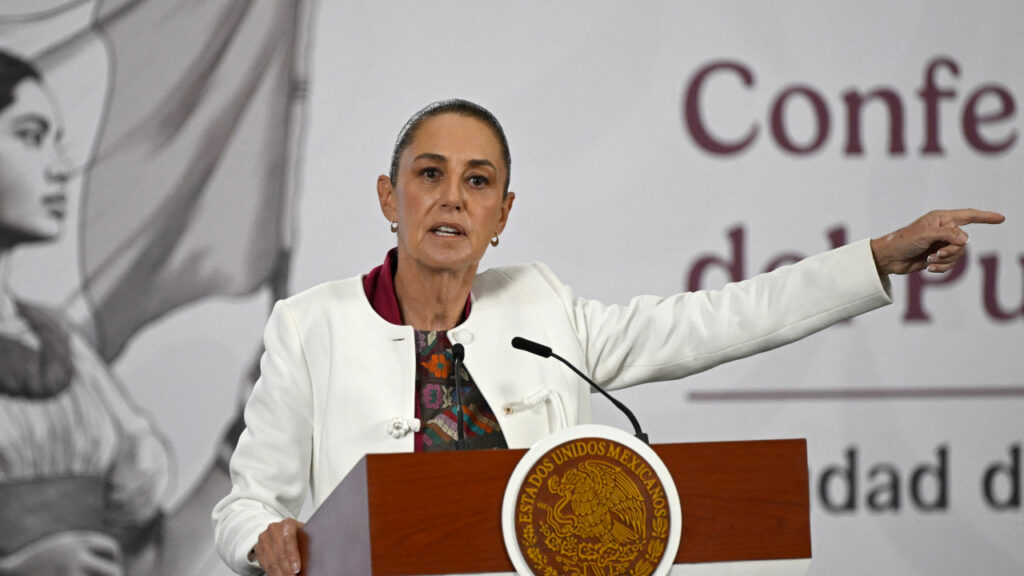
Post-Debate, 85% of Latinas Are Ready to Vote—But Are Their Voices Being Heard?
As the 2024 U.S. presidential debate unfolds, 85% of Latina voters are motivated and ready to vote. However, a pressing question remains: Do they have anyone to vote for?
Latina voters represent a critical, yet often overlooked, voting bloc in the upcoming election. According to the Intersections of Our Lives study, Latinas, along with other women of color, are deeply motivated by economic security, reproductive justice, and the high cost of living. But many still feel their concerns go unaddressed in the political arena.
Latinas watch the debate—but are they being heard?
In last night’s heated exchange between Vice President Kamala Harris and former President Donald Trump, many Latina voters may have found themselves once again wondering where their priorities fit into the broader political conversation.
Harris leaned into issues that resonate with Latina voters. She talked about economic stability and reproductive rights, two areas Latinas consistently rank as top concerns. Harris criticized Trump for having “no plan” for middle-class Americans and painted him as self-absorbed—a jab that could hit home for many Latinas struggling to make ends meet.
For Latinas prioritizing economic security in this election, hearing Harris address middle-class tax cuts and family-focused policies could provide a glimmer of hope.
Yet, Trump’s staunch defense of his economic record, including tax cuts for big corporations, might deepen the divide for those seeking more direct action for working-class families. Latina voters need more than just talk—they need policies that reflect their lived realities.
The disconnect continues: Reproductive justice on the debate stage
Reproductive rights remain a critical issue for Latina voters. Recent polls found that 74% of Latinas want abortion to remain legal, affordable, and accessible.
Harris’s response during the debate highlighted the harsh realities many women face, particularly in states with restrictive abortion laws. She pointed to real-world examples of women being denied care after miscarriages. This was a chilling reminder of what’s at stake for Latinas, who disproportionately face barriers to healthcare access.
Trump’s defense of his role in overturning Roe v. Wade, however, will likely leave many Latina voters feeling even more disillusioned. His argument that “everyone” wanted the issue returned to the States flies in the face of the 73% of Latinas who support abortion rights.
As Harris underscored the emotional and physical toll of restrictive laws, Latinas watching the debate were likely reminded of how critical reproductive justice is for their future and that of their communities.
Latina voters still want change—but who will deliver?
Despite their motivation to vote, Latinas continue to feel disconnected from both major political parties. Last night’s debate, with Trump trafficking in conspiracy theories about immigrants, may have further alienated Latina voters. Especially when he falsely claimed that immigrants were eating pets—a bizarre statement that only fuels anti-immigrant sentiment.
Latinas, many of whom are second generation or are immigrants themselves, are looking for solutions to the issues that impact their everyday lives—housing insecurity, healthcare, and wages—not baseless claims that perpetuate division.
Meanwhile, Harris’s pointed jabs at Trump, while entertaining, might not have been enough to inspire confidence that real change is coming. Latinas still wonder: Can either candidate truly address the systemic issues that affect their lives?
What’s at stake?
Latina voters are ready to exercise their rights. But the bigger question remains: Will the 2024 candidates speak to their needs? Last night’s debate gave a glimpse into the stark contrast between the candidates. But the core concerns of Latinas—economic security, reproductive justice, and a sense of belonging in the political system—still seem overlooked.
As the debate concluded, 85% of Latinas are still ready to vote, but will anyone on the stage represent them?




